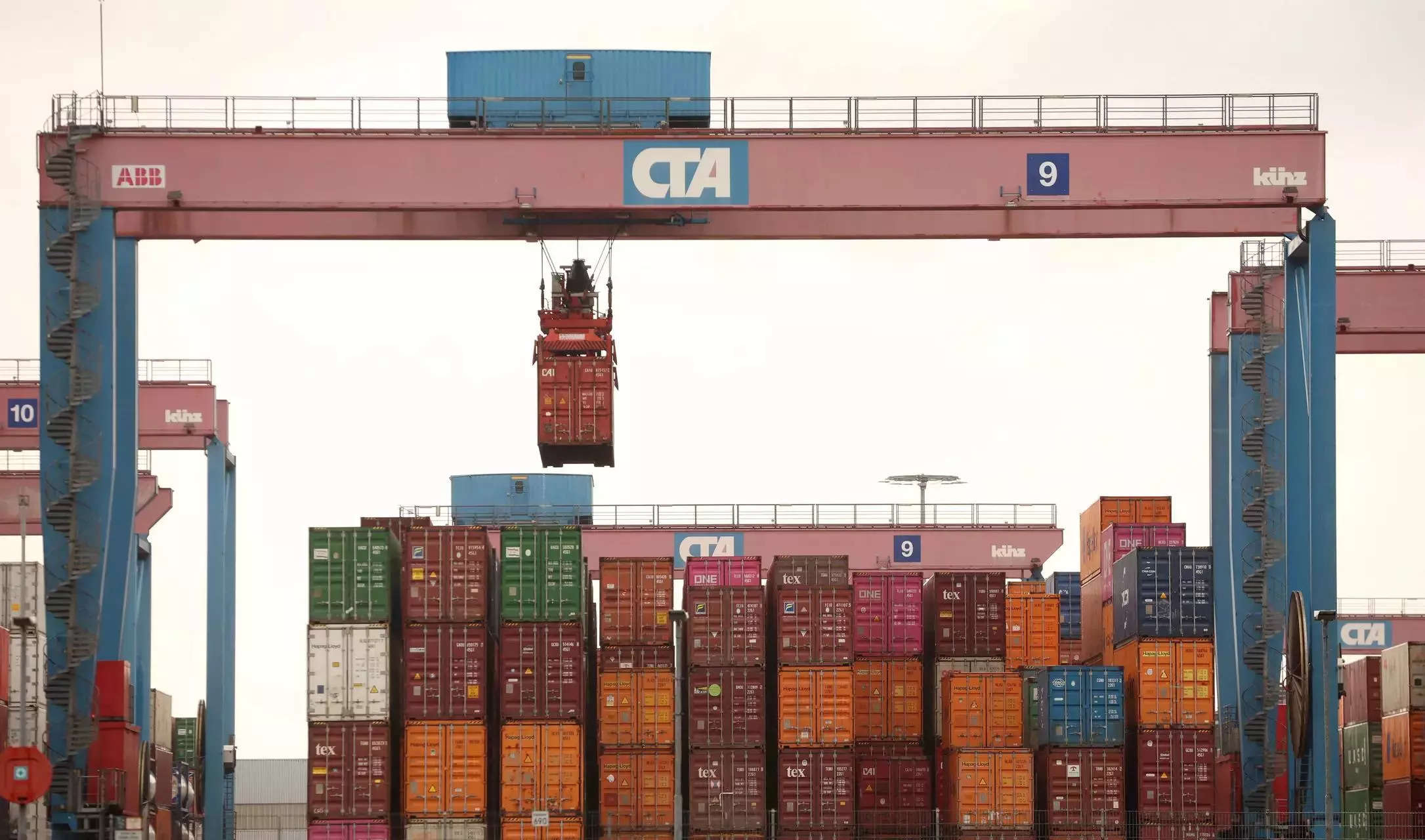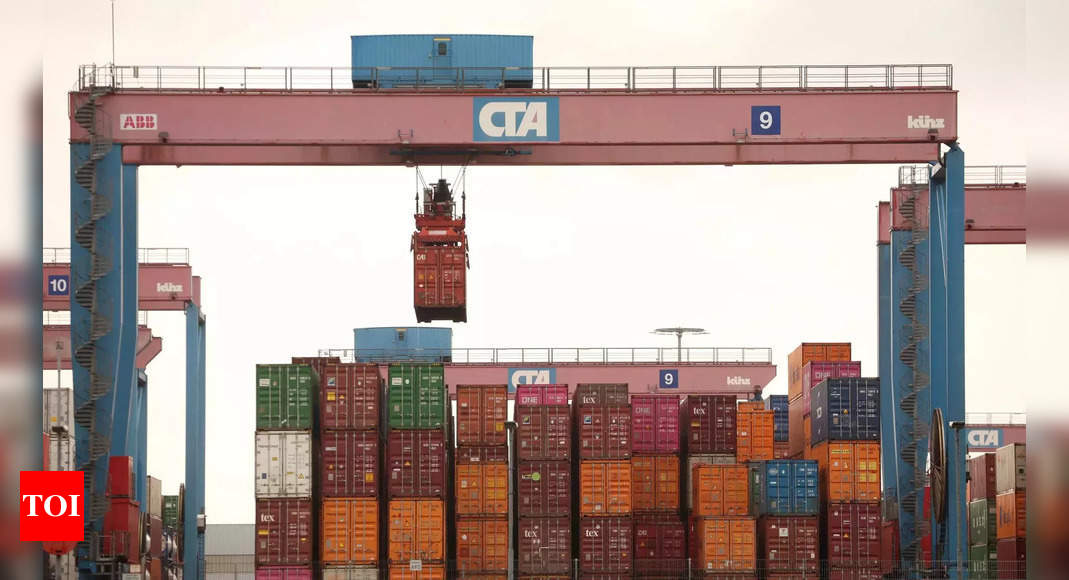
KOLKATA: The All India Plastics Manufacturers Association (AIPMA) has called for a revision in import duties on plastic goods and inclusion of production linked incentive (PLI) scheme for the sector to spur growth. Association president Mayur D Shah said they want the government to raise the import duty to 20 per cent from 10 per cent now and emphasized that these measures are essential to spur the growth of the ‘Make in India’ initiative within the plastics industry.
On the sidelines of the 6th Technology Conference for Growth of Plastic Industry in the city, Shah said, “AIPMA’s comprehensive study revealed that plastic goods worth Rs 37,500 crore were imported during the fiscal year 2021-22, with China accounting for 48 per cent of these imports.”
“AIPMA after a detailed study identified 553 plastic products that could be potentially substituted with domestic manufacturing, a strategic move that is projected to create a substantial demand for raw materials, plastics processing machinery, and tools,” he said.
“This shift is estimated to generate approximately 5,00,000 new job opportunities. Leveraging the PLI scheme will attract fresh investments, as the substitution of these 553 identified products necessitates a new capital expenditure of Rs 1.5 lakh crore,” Arvind Mehta, chairman of AIPMA’s governing council, said.
Presently, the Indian plastic industry employs over 1.5 million individuals and comprises around 50,000 enterprises, with 95 per cent falling under the small and micro-enterprise category. India’s plastic exports amount to approximately Rs 35,000 crore annually.
The industry’s total revenue is anticipated to touch a turnover of Rs 10 lakh crore by 2027 from Rs 3.85 lakh crore, Shah said.
The conference’s focal point was centred on the imperative role of import substitution of plastic goods in advancing the ‘Atmanirbhar Bharat’ (Self-Reliant India) initiative, thereby bolstering an autonomous domestic plastic manufacturing ecosystem. It was the fifth in the series to promote import substitution.
Manish Chadha, the joint secretary of the ministry of commerce & industry, discussed the critical role of the policy in nurturing the growth of the plastic industry.
Furthermore, the conference spotlighted the integral contributions of technology and innovation within the plastic processing industry. This gathering facilitated a direct exchange of ideas and perspectives between manufacturers and importers, creating a platform for synergy and collaboration toward the goal, officials said.
On the sidelines of the 6th Technology Conference for Growth of Plastic Industry in the city, Shah said, “AIPMA’s comprehensive study revealed that plastic goods worth Rs 37,500 crore were imported during the fiscal year 2021-22, with China accounting for 48 per cent of these imports.”
“AIPMA after a detailed study identified 553 plastic products that could be potentially substituted with domestic manufacturing, a strategic move that is projected to create a substantial demand for raw materials, plastics processing machinery, and tools,” he said.
“This shift is estimated to generate approximately 5,00,000 new job opportunities. Leveraging the PLI scheme will attract fresh investments, as the substitution of these 553 identified products necessitates a new capital expenditure of Rs 1.5 lakh crore,” Arvind Mehta, chairman of AIPMA’s governing council, said.
Presently, the Indian plastic industry employs over 1.5 million individuals and comprises around 50,000 enterprises, with 95 per cent falling under the small and micro-enterprise category. India’s plastic exports amount to approximately Rs 35,000 crore annually.
The industry’s total revenue is anticipated to touch a turnover of Rs 10 lakh crore by 2027 from Rs 3.85 lakh crore, Shah said.
The conference’s focal point was centred on the imperative role of import substitution of plastic goods in advancing the ‘Atmanirbhar Bharat’ (Self-Reliant India) initiative, thereby bolstering an autonomous domestic plastic manufacturing ecosystem. It was the fifth in the series to promote import substitution.
Manish Chadha, the joint secretary of the ministry of commerce & industry, discussed the critical role of the policy in nurturing the growth of the plastic industry.
Furthermore, the conference spotlighted the integral contributions of technology and innovation within the plastic processing industry. This gathering facilitated a direct exchange of ideas and perspectives between manufacturers and importers, creating a platform for synergy and collaboration toward the goal, officials said.
Source link

